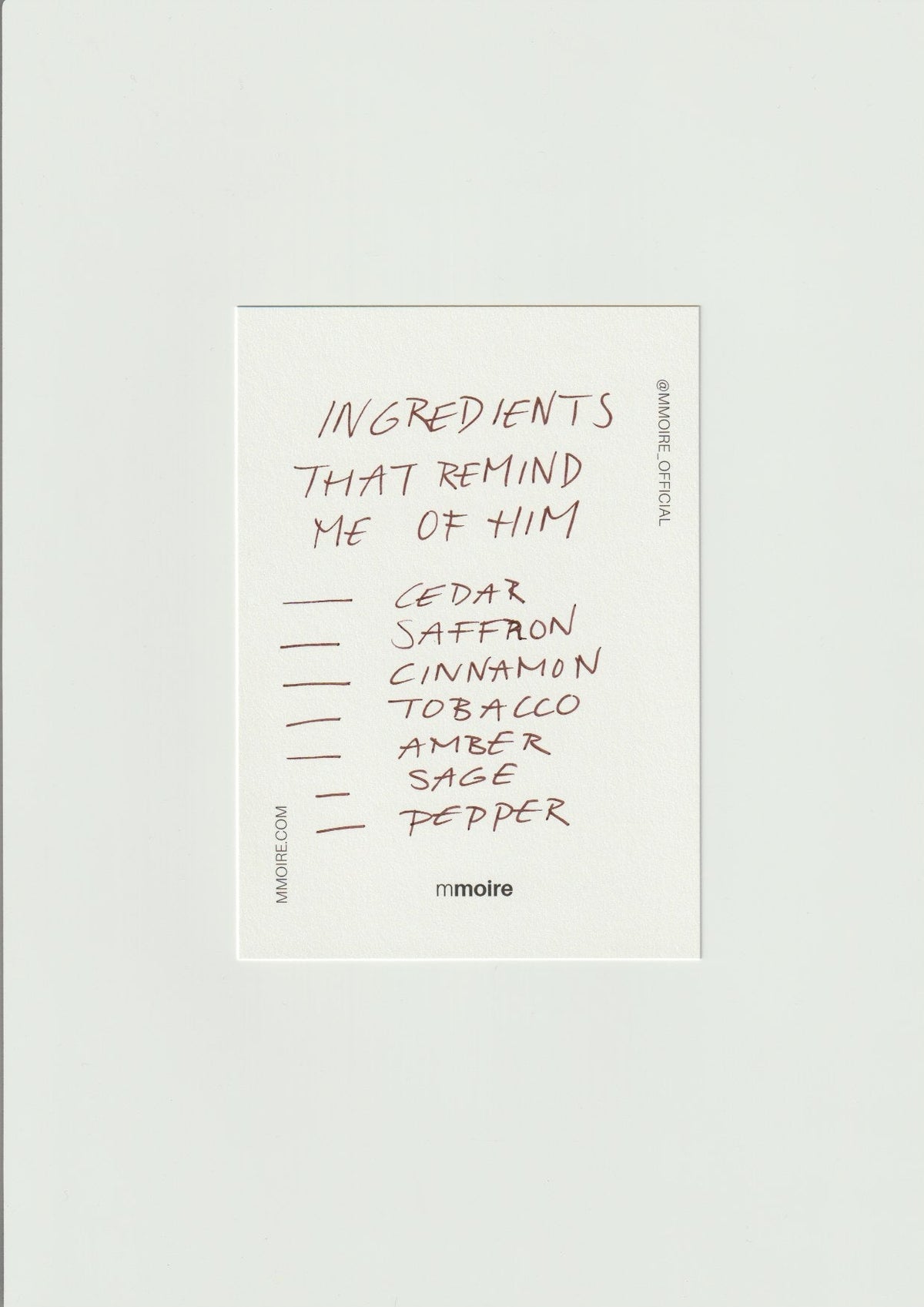
Perfume and Psychology: Exploring the Relationship Between Scents and Emotions
|
Time to read 3 min
|
Time to read 3 min
Perfume is more than just a pleasant accessory; it's a powerful tool that can significantly influence our emotions and behavior. This blog explores the intricate relationship between scents and psychology, diving into the science behind how certain fragrances can affect our mood and behavior.
The connection between scents and emotions is deeply rooted in the brain's anatomy. The olfactory bulb, which processes smells, is directly linked to the limbic system, a region involved in emotion, behavior, and long-term memory. This close relationship means that certain scents can trigger emotional responses almost instantaneously.
The limbic system includes structures such as the amygdala and hippocampus, which are crucial for emotional regulation and memory. When we inhale a fragrance, the olfactory receptors send signals to the olfactory bulb, which then communicates with the limbic system. This direct pathway explains why a whiff of a particular scent can evoke powerful memories and feelings.
Scents are potent triggers for memories. This phenomenon, known as the "Proustian memory effect," is named after Marcel Proust, who vividly described how the smell of a madeleine cake evoked a flood of childhood memories. Studies have shown that olfactory cues are more effective at triggering autobiographical memories than visual or auditory cues ( Persolaise ).
Different scents can evoke specific emotions and influence our behavior in various ways. Here are a few examples:
1. Calming Scents:
2. Energizing Scents:
3. Uplifting Scents:
4. Sensual Scents:
For more detailed information on the relationship of scents and emotions, check out Maison 21G or The Harvard Gazette.
Understanding the psychological impact of scents can have practical applications in various fields:
1. Marketing and Retail: Businesses often use scent marketing to enhance customer experience and influence purchasing behavior. For instance, the scent of freshly baked cookies in a store can create a welcoming atmosphere and encourage shoppers to linger longer, potentially increasing sales.
2. Personal Well-being: Individuals can use scent to enhance their daily lives. Incorporating calming scents into evening routines can improve sleep, while energizing scents in the morning can help kickstart the day with a positive mood.
3. Therapy and Healthcare: Aromatherapy is a complementary therapy that uses essential oils to promote physical and emotional well-being. It's often used to alleviate symptoms of anxiety, depression, and stress-related disorders.
The relationship between perfume and psychology highlights the profound impact that scents can have on our emotions and behavior. By understanding the science behind this connection, we can harness the power of fragrance to enhance our well-being, improve our environment, and influence our actions in subtle yet significant ways.
Incorporating the right scents into your life can be a transformative experience, turning everyday moments into opportunities for emotional enrichment and personal growth. Whether you're seeking relaxation, energy, or a mood boost, there's a fragrance out there that can help you achieve your desired state of mind.
Can’t get enough of the perfume industry? We recently wrote a blog about ‘Pheromone Perfumes’ and how you can discover your Signature scent: ‘A guide to finding your perfect perfume’
